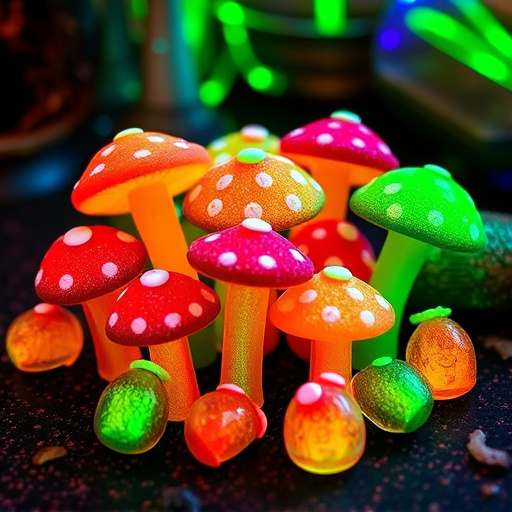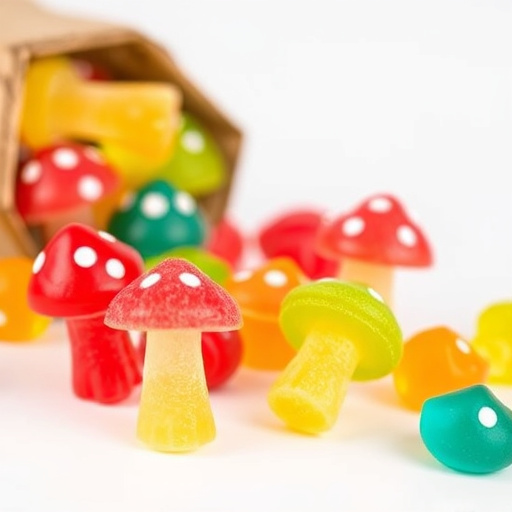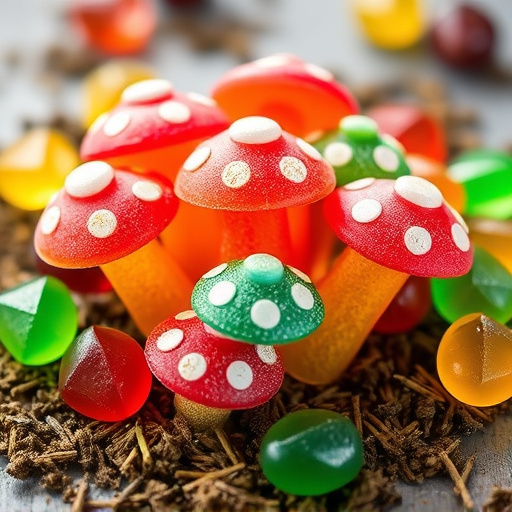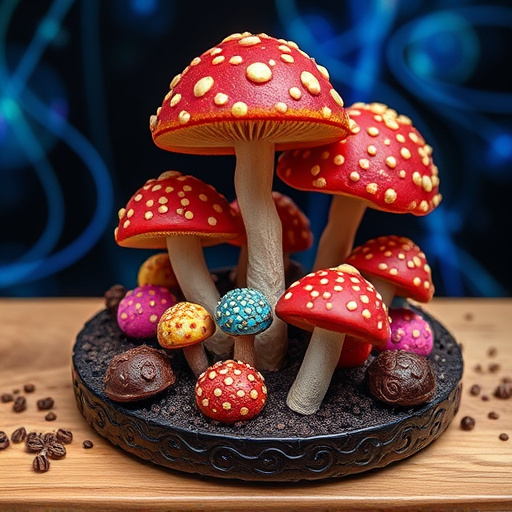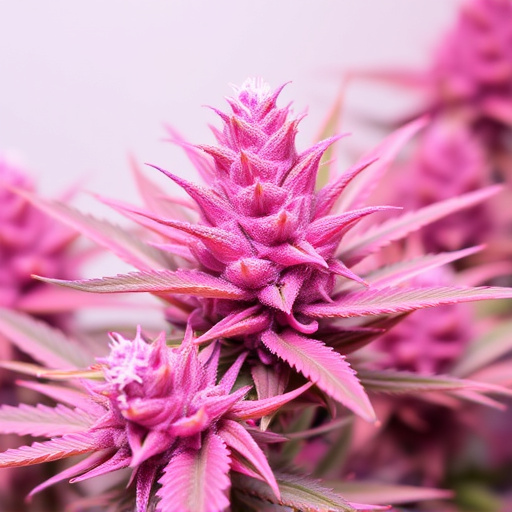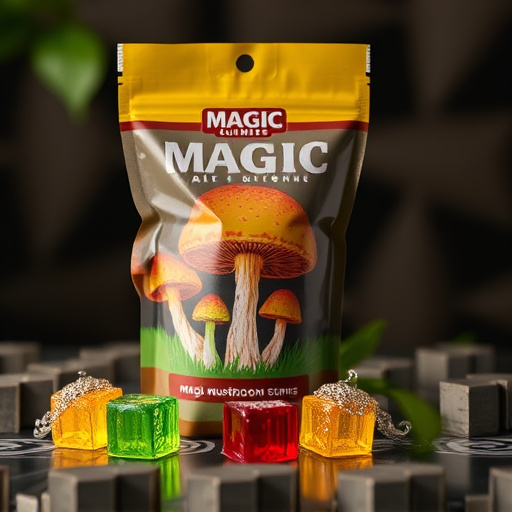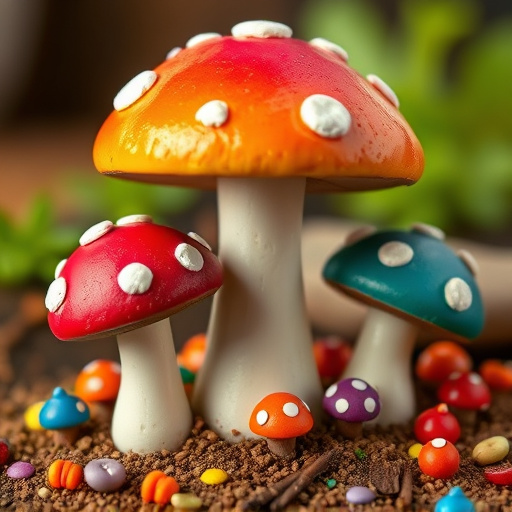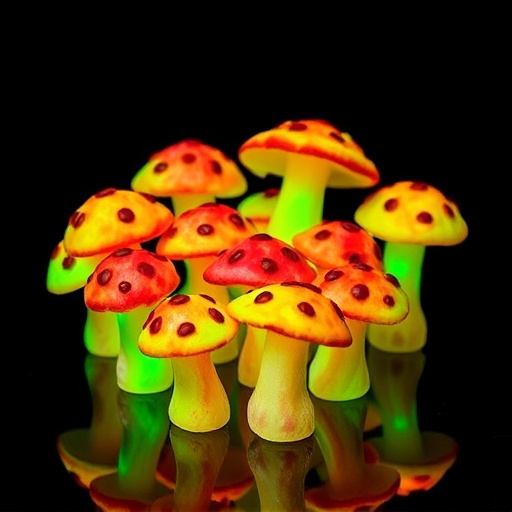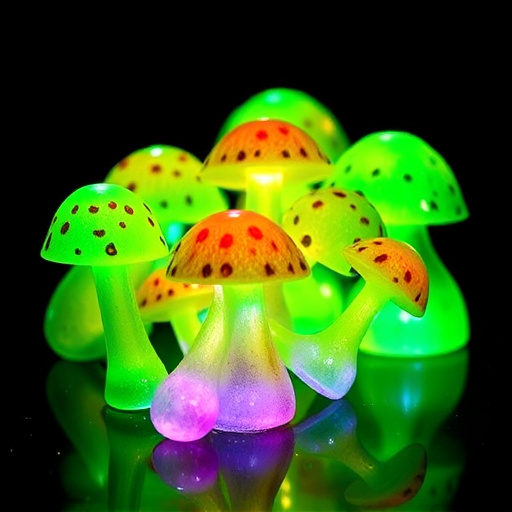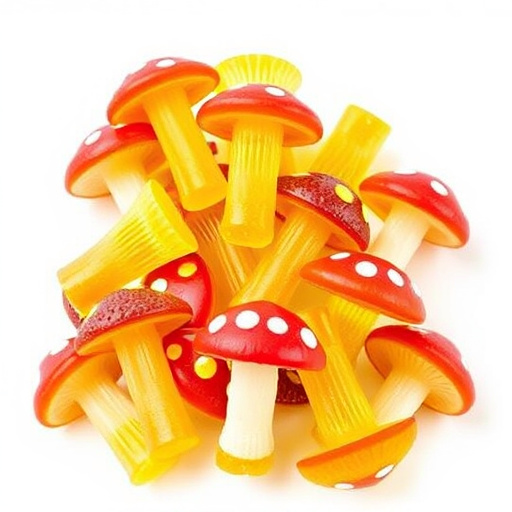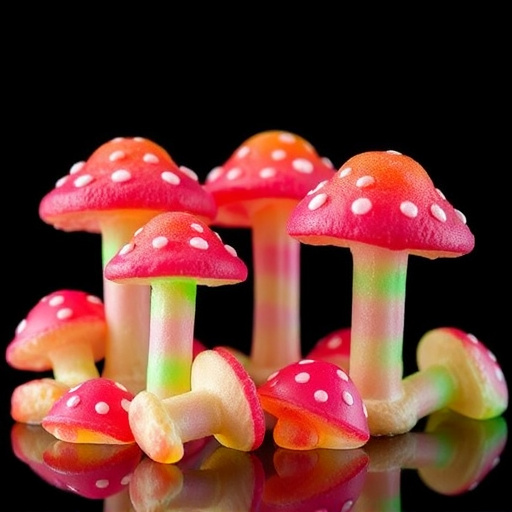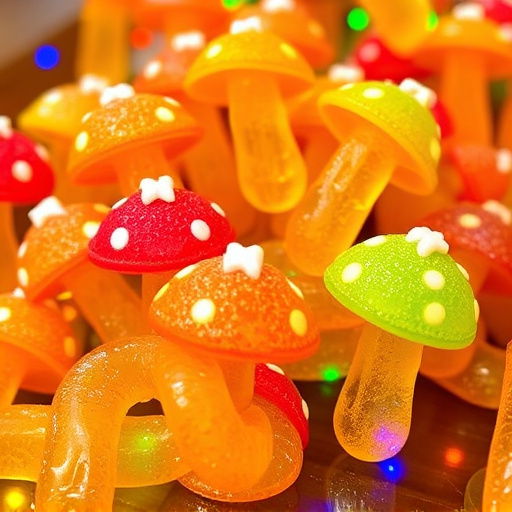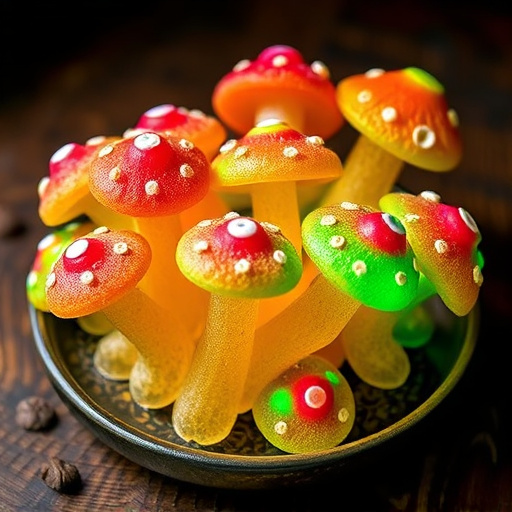The history of magic mushroom gummies is tied to cultural shifts regarding psychedelic substances, with indigenous cultures using them for centuries and the 1960s counterculture movement sparking experimentation. In the early 2000s, gummies emerged as a discreet, palatable alternative to traditional methods like dried mushrooms or liquid extracts, addressing user-friendliness and dosage concerns. Today, high demand for magic mushroom gummies drives bulk orders, emphasizing the need for reliable suppliers with consistent quality and potency. Technical glitches, such as API errors, can disrupt these plans, underscoring the importance of choosing reputable vendors with robust online platforms.
“Uncover the fascinating world of magic mushroom gummies and their surprising bulk order trends. This article delves into the history of these unique edibles, exploring how they’ve evolved from underground cult favorites to a growing mainstream phenomenon. We’ll guide you through the reasons behind bulk purchases, including their role in ensuring quality, cost-effectiveness, and the convenience they offer for businesses and enthusiasts alike. Discover the vibrant landscape of magic mushroom gummies and their increasing presence in today’s market.”
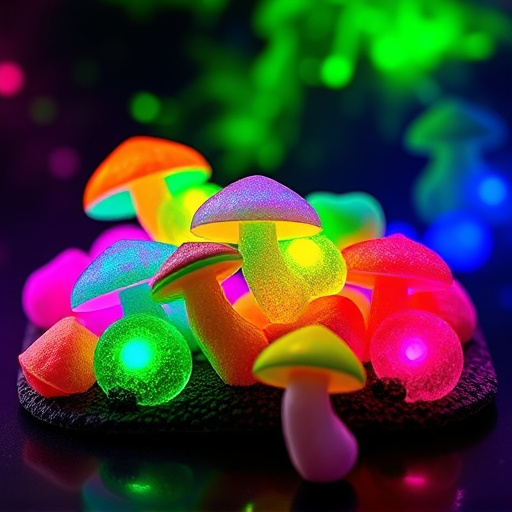
The history of magic mushroom gummies is intertwined with the broader culture and attitudes surrounding psychedelic substances. For decades, mushrooms carrying psilocybin, the active compound in these treats, have been both revered and feared. Traditionally used in ritualistic ceremonies by indigenous cultures worldwide for their spiritual and healing properties, they gained notoriety in Western societies during the counterculture movement of the 1960s. This era saw an increase in interest and experimentation with psychedelic drugs, including magic mushrooms, leading to a growing demand for innovative delivery methods.
As time progressed, the unique shape and appealing flavor of gummy bears sparked creativity among manufacturers. The early 2000s marked a turning point when magic mushroom gummies began appearing on the scene, offering a discreet and palatable way to consume psilocybin. This shift in presentation catered to a new generation seeking alternative experiences while also addressing concerns about traditional methods like dried mushrooms or liquid extracts, which could be less user-friendly and potentially less consistent in dosage.
API responded with status code 524.

The history of magic mushroom gummies usage dates back to centuries, with indigenous cultures utilizing fungi for medicinal and spiritual purposes. However, modern interest in psychedelic edibles, including gummies, has surged recently, driven by changing attitudes towards mental health and alternative wellness solutions. This trend has led to increased demand for bulk orders of magic mushroom gummies, as consumers seek accessible and discreet ways to explore their effects.
When placing bulk orders, it’s crucial to ensure reliable suppliers who can maintain consistent quality and potency. Unfortunately, API errors, such as a status code 524 (Gateway Timeout), can disrupt these plans. This indicates server issues or network problems preventing successful communication with the supplier’s website. Such technical glitches underscore the importance of choosing reputable vendors with robust online platforms to avoid delays or order failures when ordering magic mushroom gummies in bulk.
The history of magic mushroom gummies usage reveals a growing interest in psychedelic-assisted therapy and alternative wellness practices. However, bulk orders of these products come with unique considerations, including regulatory compliance and ensuring quality control. Understanding the API status codes, like 524, is crucial for navigating the legal and logistical challenges associated with such purchases. As the demand for magic mushroom gummies continues to evolve, responsible sourcing and transparent practices are essential to meeting consumer needs while adhering to relevant laws.

